Harry Potter and the Chamber of effective leadership
It’s not every day you attend a leadership programme which features Harry Potter and Braveheart. But this is an ION leadership programme.
Effective leadership and motivation was the theme for the latest masterclass. Hopefully my leadership skills were more effective than my time-keeping as I arrived at the venue at 8.59am, for a 9am start (cheers Briton Ferry bridge!) and I was straight into a task involving all of the delegates and two canes. It is safe to say we completely sucked at the challenge but it taught us that you need to see things differently, change the perspective and identify whether you have the right people in the right places. All that and it wasn’t even 9.15am and I hadn’t had coffee.
After talking leadership theorists for a while, including Steve Covey and his ‘Seven Habits of Highly Effective People’ and encouraging everyone to watch possibly my favourite TED Talk (Simon Sinek, Finding your why) we watched clips from Harry Potter and Braveheart. Obviously.
The task was to watch the film clips and identify the leadership styles used. First up was Harry Potter, and the scene in the ‘Room of Requirement’ where Harry is teaching the other students the spells needed to defeat he who should not be named (his name is Voldemort by the way). We identified that this is transformational leadership, raising the skills of everyone and ensuring everyone has a role to play. A lovely line was used to describe this — ‘like an artist trying to ensure that everyone is in the picture’. I love that analogy. Finally, we watched Braveheart (yes, THAT scene). The group decided that this was transactional leadership, an exchange of life for death.
Next up was motivation. Motivation is something that has always interested me. Not just in a work environment. People’s motivations for doing certain things, acting in a certain way is always something I have been curious about. That’s my excuse for being a little bit obsessed with Love Island anyway. It’s a human experiment, right?
We started off with what motivation actually is. A dictionary definition (well, one that came up when I Googled it) is:
Motivation — ‘the reason or reasons one has for acting or behaving in a particular way’.
I can go with that. Put simply, I think motivation is why people do what they do. Everyone does something for a reason. Good and bad.
We were discussing motivation in the context of work. Why do people work? Why do people do what they do? Some people work for money. Some people are motivated by power. Fair play to them. Some people work because they want to make a difference to the world. Every discussion around motivation will lead to Maslow’s Hierarchy of Needs coming up in conversation. Maslow believed that people are motivated to achieve certain needs and that some needs take precedence over others. The most basic need is for physical survival — food, warmth, a roof over your head. Once that level is fulfilled, the next level is what motivates us, and so on.
A theory I had never heard of was McClelland’s Theory of Needs. This theory states that human behaviour is affected by three needs:
- Power — desire to influence other individuals as per your wish.
- Achievement — urge to excel, to accomplish in relation to a set of standards, to struggle to achieve success.
- Affiliation — need for open and sociable interpersonal relationships.
Like I said above, everyone’s motivations are different. Mine?
Obviously, in Maslow terms I need to ensure that the ‘physiological needs’ are met, that’s a given, but then it becomes about purpose for me. I want to know why I get up early every morning. I want to know why I spend time away from my family. I want to know that I am making a difference. In my previous role I spent 15 years trying to make Wales a healthier nation. Now, I work with businesses across South Wales to help them grow, and therefore grow the Welsh economy, making it a more prosperous place to live and work.
(This blog was orginally written on Marketing Manager Adam Fairbank Medium page - https://medium.com/@AdamF
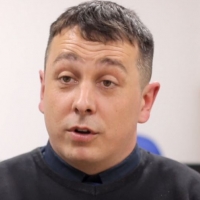
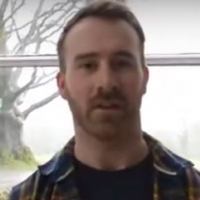
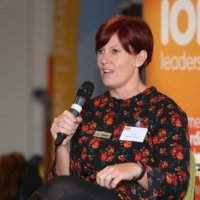
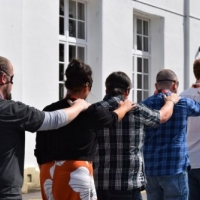
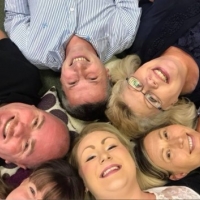
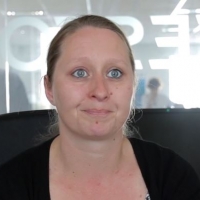
.jpg)
Comments